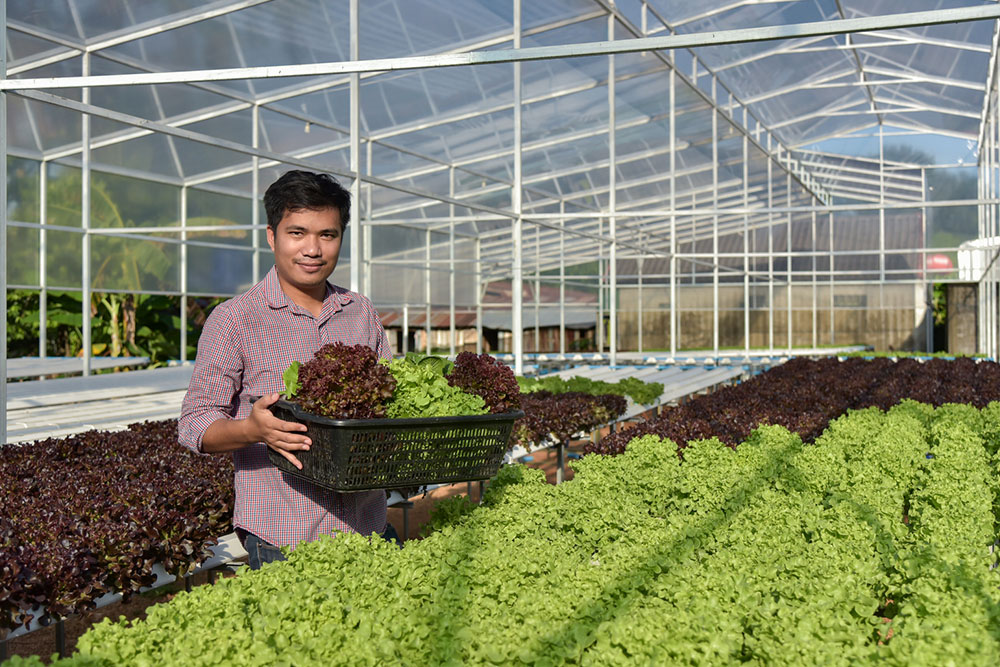
How organic gardening can help reduce waste
The amount of waste we produce is increasing by the day. Unless this waste is used elsewhere in a productive manner, waste management is bound to become a bigger challenge in the future. Improper waste management can lead to several negative effects. Instead, if recycled efficiently, organic waste can be used in gardening. Organic gardening is gardening without the use of any synthetic pesticides or fertilizers. It is a simpler process and more effective as well.
It does not cause any side effects or impact the soil and the growing plants in any adverse way. Here are some of the best ways in which you can reduce waste at home:
- Reduce the usage of plastic bags
- Use more reusable containers
- Avoid using disposable plates
- Segregate your waste
- Opt for organic farming
1. How can you reuse organic waste?
Organic waste or any waste that is collected from food (both plant and animal-based) or your garden or paper or cardboard can be reused. Throwing out this waste makes waste management difficult as this waste can be put to better use. It can be used in an organic garden where organic waste serves as the best kind of natural fertilizer.
2. How does composting reduce waste?
An organic garden uses organic waste by harvesting it in a compost. Composting enriches the soil as it suppresses plant diseases, pests, and even helps retain the moisture in the soil. It increases the production of beneficial fungi and bacteria. More importantly, it reduces methane emission from landfills and reduces carbon footprint. This is an additional benefit of gardening.
3. How do you start organic gardening?
If you are a beginner, here are a few tips you can follow if you want to start organic gardening in your backyard:
- The area must have full sunlight for a minimum of eight hours
- Start with 100 square feet and easy plants
- Ensure the soil you use is good or make good soil before you start the gardening
- You can start by buying and planting plants
- Mix microbes in your compost as it helps improve soil health
- Water the area daily or at least once in two to three days
4. What are the benefits of organic gardening?
The benefits of gardening are numerous. Here are some of the effects that are avoided when you follow organic gardening:
- Loss of topsoil
- Toxic runoff
- Water pollution
- Soil poisoning
- Soil contamination
- Death of insects
- Death of birds
- Death of organisms that are essential to the soil
- Eliminates the use of fungicides, herbicides, and pesticides
5. What are the effects of organic gardening on the environment?
Organic gardening will reduce the use of chemical fertilizers and pesticides. This decreases the overall chemical load on the plants, animals, and the environment. This way, even humans are not exposed to toxic chemicals. Additionally, organic gardening creates an environment in which the garden can thrive on plant diversity and soil health. There are several benefits of gardening organically.


